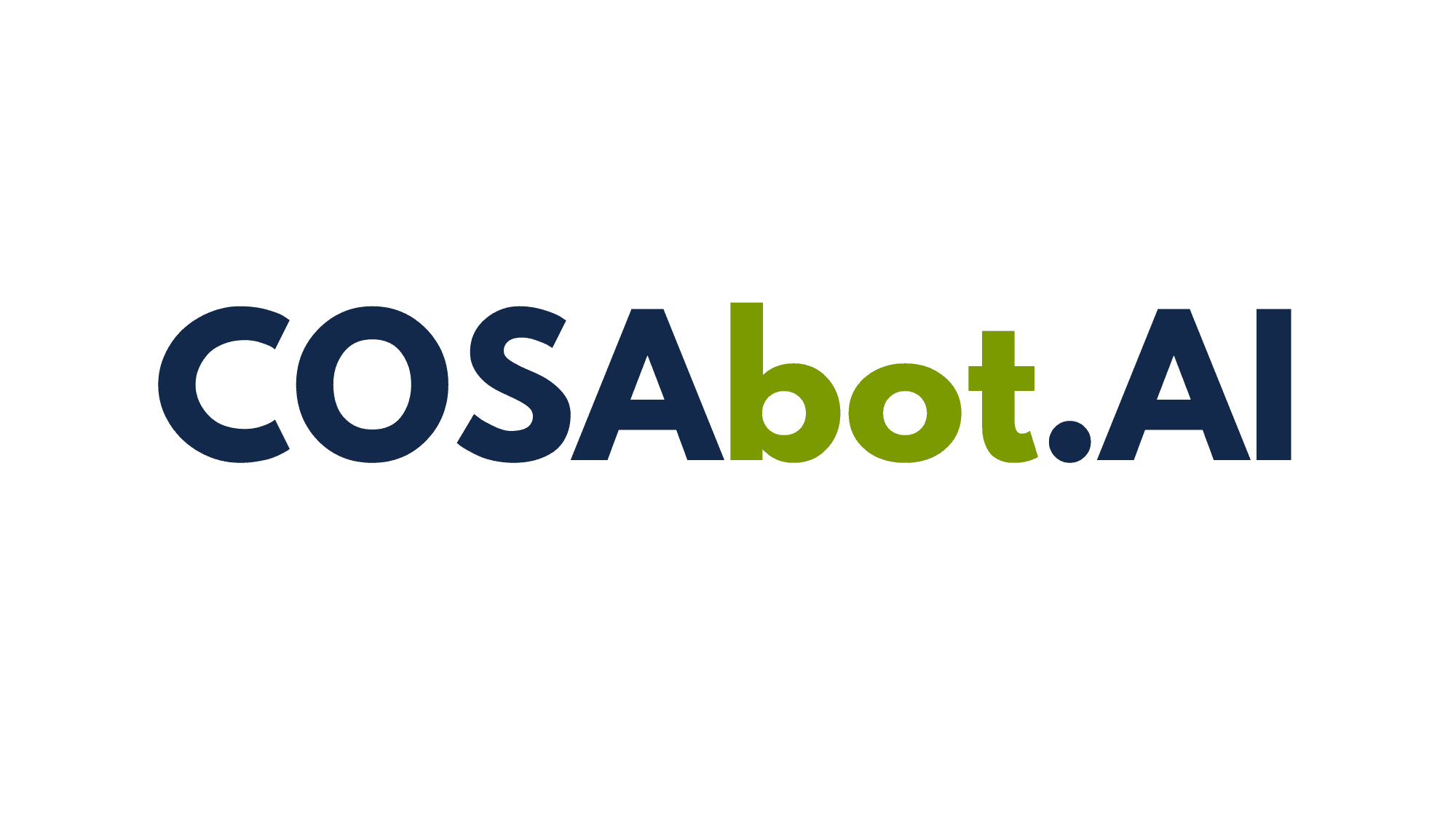Leading the Shift: What Bellwether's 2026 Report Tells Us About AI Leadership in Schools
As schools navigate the growing wave of AI integration, a new report from Bellwether Education Partners—“Learning Systems: Harnessing AI to Strengthen Schools”—offers a timely blueprint for educational leaders seeking to lead with vision, strategy, and caution. Released in January 2026, the report emphasizes that while AI has the potential to revolutionize how schools operate and students learn, its success hinges on the intentional leadership decisions made today.
Bellwether identifies three key roles for education leaders in this new landscape: (1) ensuring AI supports—not replaces—human decision-making, (2) embedding AI tools in ways that align with instructional goals and student equity, and (3) building trust through transparency, communication, and oversight. A concrete example is how some districts now use AI to forecast student enrollment patterns, helping leaders plan for staffing and resources more efficiently. Another case involves AI-powered tutors deployed in after-school programs, where real-time feedback is tailored to individual student needs—provided educators are involved in curating content and interpreting results.
For superintendents and principals, the message is clear: the future of AI in schools isn’t just about adopting tools—it’s about setting norms. This means developing professional learning around AI, involving communities in discussions about AI use, and crafting local policies that balance innovation with ethics. As the report puts it: “Leadership is the difference between using AI and using AI well.”

